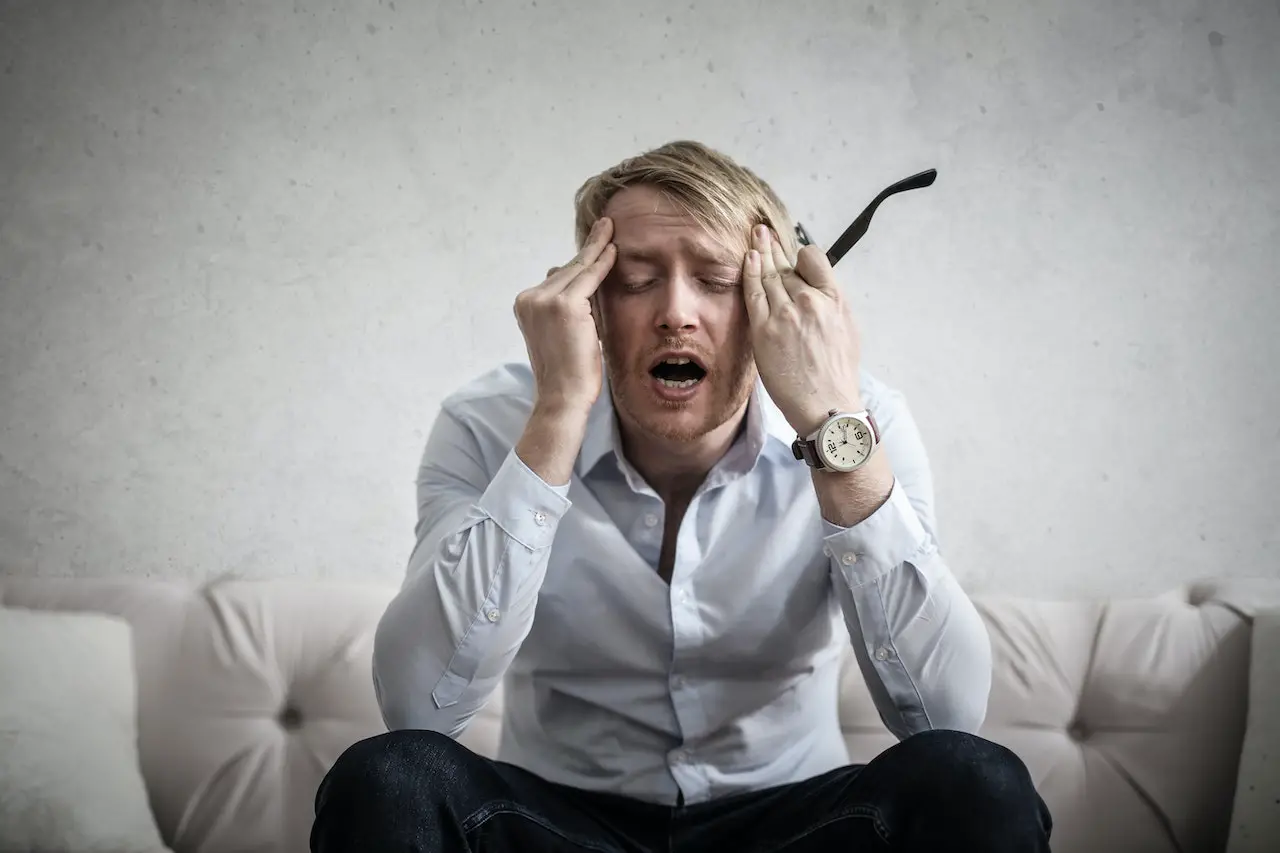
Anxiety is a challenging mental health disorder that exhibits excessive worry, panic, and other physical symptoms. The worry and fear accompanying anxiety can adversely affect relationships, work, and other aspects of your daily life.
When anxiety causes panic episodes, it can be pretty crippling. Avoiding panic attacks and effectively treating this common and complex condition depend on identifying the anxiety triggers and creating coping mechanisms.
What triggers anxiety attacks is dependent on specific actions and situations. The circumstances or actions that lead to anxiety are known as anxiety triggers. In extreme circumstances, these triggers exacerbate symptoms to the point where a panic attack occurs. A panic attack is a short bout of intense, incapacitating terror.
Tips for coping with anxiety triggers include regular exercise, meditation, staying positive, and seeking therapy. Identifying anxiety can be challenging as the symptoms become more prevalent with time. It’s possible to lessen the severity of anxiety spikes by learning to control the triggers.
If you have been wondering how to cope with anxiety triggers, read on to find out more.
Ways of Coping with Anxiety Triggers
You can reduce the frequency of anxiety attacks by devising a plan to keep your triggers under control.
The following are seven ways of coping with anxiety triggers
1. Meditation and Yoga
Meditation is the practice of concentrating on the here and now rather than allowing your mind to wander into negative thinking patterns, a common cause of anxiety. Yoga is a natural anxiety treatment technique since it actively calms and soothes the mind and body connection. These practices can assist you in developing the habit of acting in opposition to how anxiety tempts you to act.
2. Embracing Healthy Habits
Besides improving your general health, regular exercise, eating healthy, and staying hydrated reduces the risk of your health being a possible cause or trigger of your anxiety. Reducing alcohol and caffeine intake, and getting enough sleep, can also positively impact your mental and physical health.
3. Be Positive
Positive self-talk can have a significant impact on your health and emotions. Positivity can ease pressure and tension and lower anxiety in general.
4. Deep Breathing Exercises
For five minutes, try to breathe in for four counts and out for four counts. Your heart rate will slow due to steady breathing, making you less anxious.
5. Formulate a Plan
Making a plan gives you the feeling you’re in control of your situation. For instance, you can plan your finances, prepare for exams, or manage your social settings. Planning diminishes the feeling of anxiety and helplessness.
6. Limit Your Use of Social Media
Social media often triggers destructive thought patterns involving comparisons to others. Limiting social media or using it more mindfully can help you be more aware of your thoughts and prevent harmful thinking patterns from starting.
7. Therapy
Some anxiety causes can be challenging to recognize, but a specialist in mental health has the skills to assist you. The professionals can use journaling, talk therapy, and other methods to identify triggers.
Anxiety Triggers
Here are some common anxiety triggers.
Too Much Caffeine
Caffeine can make you feel more energized in the morning, but too much of it can aggravate or trigger anxiety.
Certain Medications
Some over-the-counter (OTC) and prescription medications can exacerbate anxiety. These emotions can cause a chain reaction in your body and mind that could result in more anxiety symptoms. Such drugs include cough medications, corticosteroids, and antidepressants.
Skipping Meals
When you skip meals, you risk having a dip in blood sugar. If you don’t eat a balanced diet, your body and brain won’t have the energy to perform effectively, which might make you feel more anxious. Skipping meals can also cause anxiety because it sends your body into fight-or-flight mode, a natural anxiety reaction when blood sugar levels decrease.
Lack of Sleep
Lack of adequate sleep or poor quality sleep can significantly affect your emotional health and mood, including causing and escalating anxiety. You become irritable and more stressed when you deprive your body of enough sleep.
Conflict
Conflicts and arguments at work, with family members, or with friends generate tension that can cause or exacerbate anxiety. Conflicts can induce anxiety, especially if you are not good at handling dispute resolutions in a healthy way or if you have unfavorable perceptions about conflict.
How to Identify Anxiety Triggers
It takes a lot of effort to pinpoint anxiety triggers. Doing so can help you develop the best coping mechanisms for your condition.
The following tips can help you identify your anxiety triggers.
Start a journal – When you encounter anxiety, write it down in a journal. You can do this both in the moment and at the end of each day. Describe your feelings and the circumstances that led to them in writing.
Determine the primary sources of stress – Various life stressors, including bereavement, job loss, and relationship issues, can cause anxiety. Consider any present stressors that might be impacting your anxiety levels.
Consult a therapist – Sharing your experiences with your therapist while dealing with the problem at hand is very beneficial. A therapist can help you trace back the root cause of your anxiety. To learn more about your anxiety and what has historically triggered it, try to explore your earliest nervous recollections.
Speak to someone – A dependable friend or relative might offer insightful advice on circumstances that make you anxious. In some instances, your loved ones may be able to recognize your anxiousness before you can.
Observe your body – Keep track of your food intake. Alcohol, caffeine, and sugary foods can all cause cortisol levels to rise, worsening anxiety.
Examine yourself – You can better comprehend your anxiety by using the potent instrument that is your imagination. Set aside time to test your anxiety triggers and visualize being in various circumstances. If you’re worried about how you might react, you could try it with the assistance of a reputable therapist.
Bottom Line
If anxiety has become a constant in your life, it’s essential to strategize ways of keeping it in check. Whether it’s therapy, exercise, or meditation, pick what works for you in resolving your anxiety triggers.
Although avoiding these triggers isn’t always an option, these techniques of coping with anxiety triggers can help you control your anxiety.






